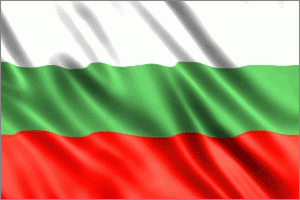
The Committee on Budget and Finance in Bulgaria has announced that new gambling law amendments need to be approved by the European Commission before they come into effect.
The Committee emphasized the gambling law was already once ratified by the European Commission, which actually means that all additional changes to the existing legislature have to receive a formal consent from the European commissioners.
A Necessary Step
If Bulgaria doesn't succeed in introducing new gambling bill, the country can expect to be sanctioned by the European Union.
The Bulgarian Ministry of Finance now has to prepare all the necessary documents, and once that is done it has to notify the Commission about the changes made to the gambling law.
In order for the bill to be enacted into law, EU commissioners have to decide the bill is in line with European regulations. This review should take about three months.
The new gambling bill was written and sponsored by Deputy Prime Minister, Valeri Simeonov and his party, the National Front for the Salvation of Bulgaria.
It is supposed to limit the advertising of scratchcards and other lottery and gambling products, thus significantly decreasing the number of places where scratchcards can be bought.
A Lot of Changes
The regulated gambling market in Bulgaria was worth around $1.9 billion in 2017, which represents approximately 3% of the country's GDP.
This market has grown significantly over the past decade, mainly due to the boost in scratchcards sale.
If the new bill gets the necessary approval, it will restrict direct and indirect promotion of scratchcards and other lottery games.
This doesn't mean that lottery will be banned altogether. It will still be aired on television, and the names of the games will be mentioned in the media.
Minister Simeonov further clarified the names of the lottery winners will no longer be shown under the new bill.
A lot of ministers have shown their support for the bill, but there are still those who oppose it.
The opponents noted the limited advertising opportunities would hurt tax revenue coming from Bulgarian Sports Totalizator to the Ministry of Youth and Sports.
















